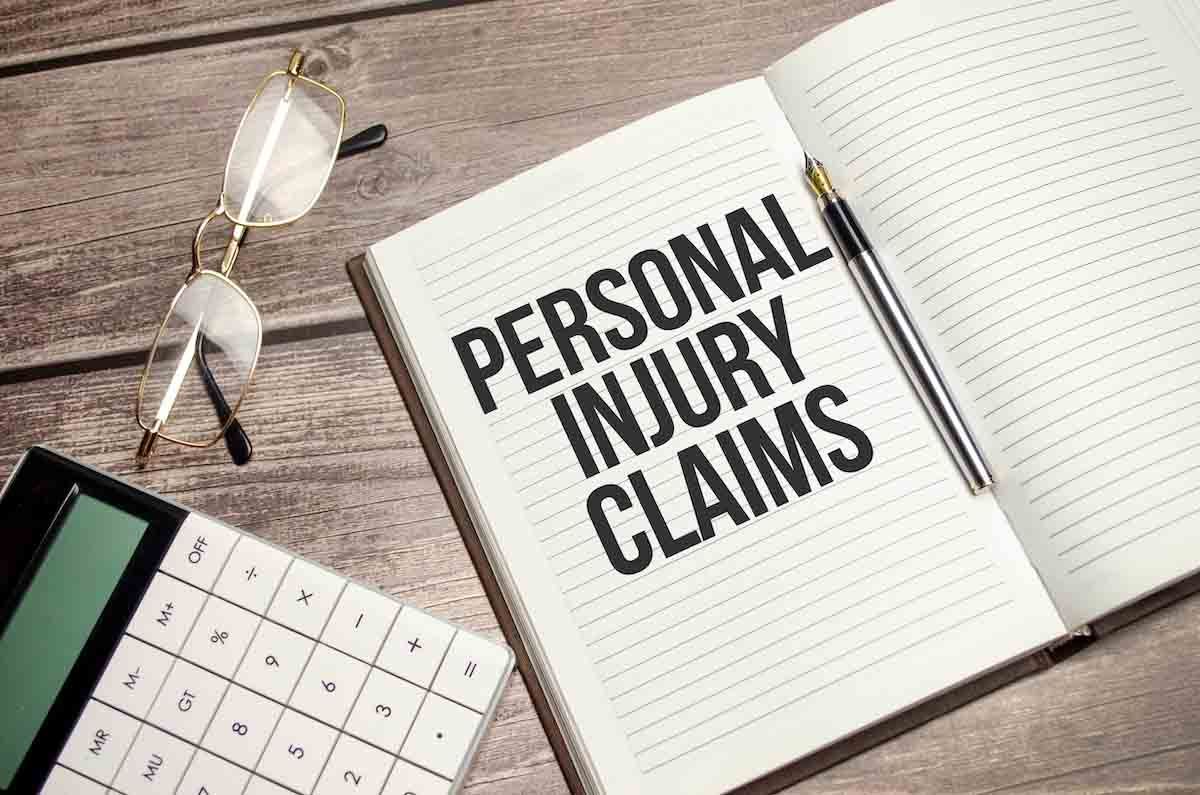What To Do After a Car Accident: Steps to Protect Your Personal Injury Claim
Being involved in a car accident is a stressful and often traumatic experience. In the aftermath, taking the proper steps to protect your personal injury claim is crucial. If you are looking for compensation for pain and suffering, lost wages, or medical expenses, following a clear plan of action right from the get-go can significantly impact the outcome of your case.
This article provides a step-by-step, comprehensive guide for individuals involved in a car accident. It focuses on safeguarding their legal rights and maximizing their injury claim. For those in the Portland area, seeking guidance from a Portland personal injury attorney can be particularly beneficial.
Immediate Actions to Take at the Scene
Immediately after the accident, prioritize safety. Move your vehicle to a safe location to prevent further accidents or traffic blockages if possible. Check with all parties involved for injuries, call 911 to request medical assistance if needed, and report the accident. Even if injuries seem minor, getting a professional medical evaluation is wise.
Having an official police report is critical for any personal injury claim. When the police arrive, provide a clear and unemotional account of the accident. Avoid speculating or admitting fault. The police report will be essential to your claim, so answer questions as concisely as possible.
Gather information from the other driver(s) involved, such as name, address, contact information, insurance company name and policy number, driver’s license number, vehicle make, model, and license plate number. If there are witnesses to the accident, get their contact information since witness statements can support your claim.
Document the accident scene with photos from multiple angles. Capture images of vehicle damage, road conditions, traffic signs and signals, skid marks or debris, and visible injuries. This visual evidence can help establish the circumstances of the accident and the extent of damages.
Even if you feel fine, seek medical attention as soon as possible. Some injuries may not be immediately apparent, and visiting a healthcare provider ensures that any injuries are documented, which is vital for your personal injury claim. Follow all medical advice and keep detailed records of your treatments and medical expenses.
Crucial Documentation to Gather
Obtain a copy of the police report from the local law enforcement agency. This document includes vital information about the accident and is critical evidence for your claim.
Keep comprehensive records of all medical treatments related to the accident, including hospital visits, physical therapy, doctor appointments, medications, and any other medical expenses. Detailed medical documentation supports the severity of your injuries and the necessity of your treatments.
Keep a journal documenting your injuries, pain levels, and how the accident affects your daily life. Record any details such as missed work, changes in daily activities, and emotional distress. This personal account can be persuasive in demonstrating the accident’s impact on your life.
Keep a record of all contact with insurance companies, medical providers, and anyone else related to your claim. This correspondence would include emails, letters, and notes from phone calls.
Tips for Dealing with Insurance Companies
Report the accident to your insurance company as soon as possible. Provide them with accurate information, but be cautious about the details you share. Don’t elaborate. Stick to the facts.
Be cautious when dealing with insurance adjusters. Their goal is to minimize the payout as much as they can. Be polite but guarded. Only provide recorded statements after consulting your attorney, and never sign any documents or accept a settlement offer without legal advice.
Hiring a Portland Personal Injury Attorney
When looking for an attorney, you should ask for recommendations from friends, family, or coworkers who have dealt with personal injury attorneys. Online reviews and legal directories can also provide insights into reputable attorneys in Portland.
Schedule consultations with several attorneys to discuss your case. Most Portland personal injury attorneys offer free initial consultations. During these meetings, evaluate the attorney’s experience, approach, and how comfortable you feel working with them.
Pick an attorney with significant experience in handling car accident cases. Ask about their success rate and how they plan to approach your case. An attorney experienced in personal injury law, like the lawyers at Warren Allen in Portland, OR, can effectively navigate the complexities of Oregon’s personal injury laws on your behalf.
Ensure you understand the attorney’s fee structure before committing. Most attorneys work on a personal injury case on a contingency fee basis, which means they only get paid if you win your case. Clarify any additional costs that may arise during the process.
Additional Steps to Protect Your Claim
- Adhere strictly to all medical recommendations and attend all follow-up appointments. Following doctor’s orders demonstrates that you are taking your recovery seriously and helps to document the extent of your injuries.
- Be careful about what you post on social media, even if it’s not about the accident. Insurance companies hire investigators who may monitor your accounts for any posts that could undermine your claim. Even innocuous posts can be taken out of context and used to prove that you’re not injured because you posted photos of yourself ziplining in Costa Rica.
- Do not discuss the details of your accident or claim with anyone other than your attorney. Statements made to friends, family, or colleagues can be used against you if they are inconsistent with your official claims.
- Personal injury claims can take some time to close. Be patient and trust the process because rushing into a settlement can result in accepting a lower compensation than you deserve. Your attorney at Warren Allen will work to make sure you get fair compensation for your injuries or losses.
Working through the aftermath of a car accident can be hard to do on your own, but taking the proper steps can protect your legal rights and maximize your personal injury claim. Every step is essential in building a solid case, from immediate actions at the scene to gathering crucial documentation, dealing with insurance companies, and hiring a Portland personal injury attorney. Follow our comprehensive guide to ensure you are well-prepared to pursue the compensation you deserve. Remember, the assistance of an experienced attorney can make an enormous difference in your case, helping you to navigate the complexities of personal injury law with confidence. Contact Warren Allen today to schedule a consultation and see what we can do for your personal injury case.









